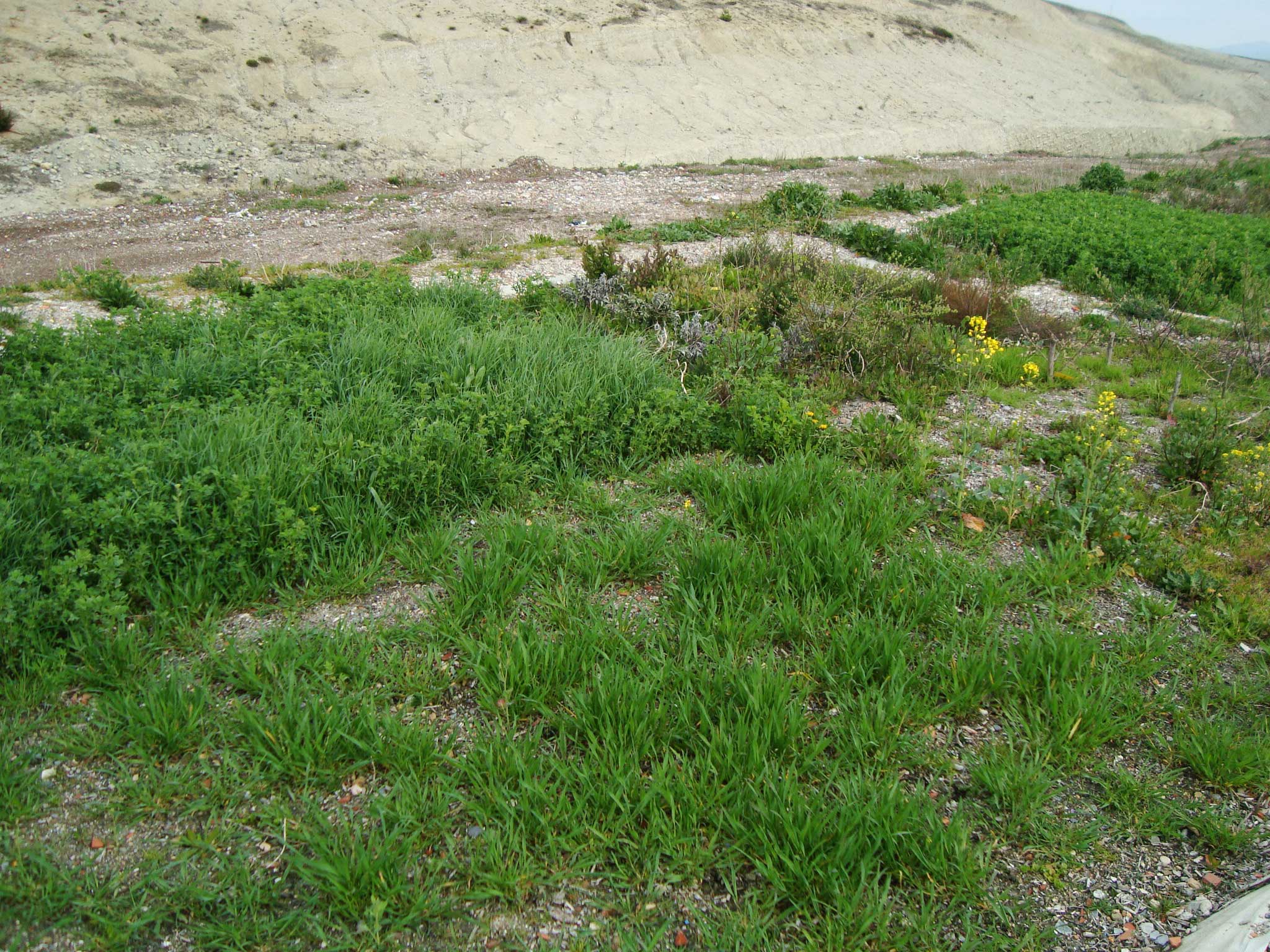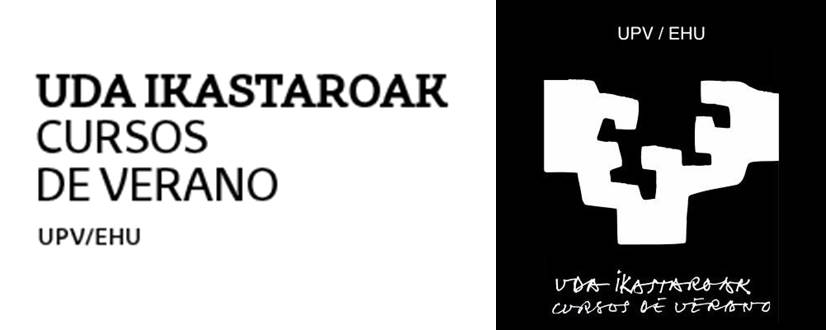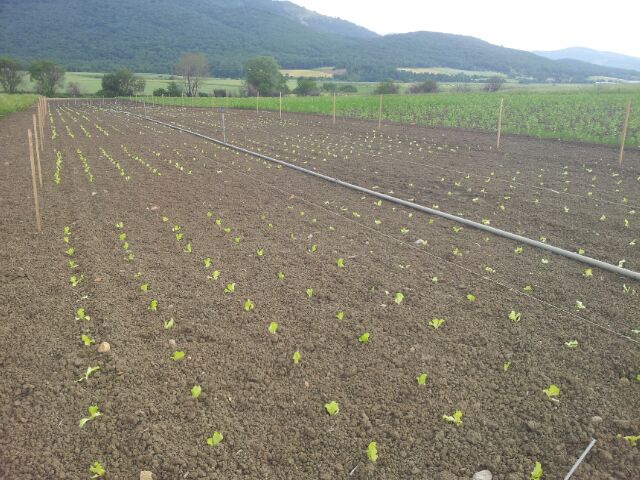Our Interreg Sudoe proposal entitled “Demonstration of the improving in soil biodiversity, functionality and ecosystem services of contaminated and degraded soils under phytomanagement within the Interreg Sudoe region” (acronym: PHYTOSUDOE, 2016-2018) has been approved. Phytomanaging polluted soils can gradually increase microbial diversity, carbon sequestration, and soil quality and functionality. However, the lack of field evidence demonstrating the provision of these vital ecosystem services has resulted in phytomanagement options being under-utilised as practical remediation strategies in the European contaminated land sector. PhytoSUDOE will demonstrate the environmental, economic and social benefits generated during and following phytomanagement and to encourage a wider use of these techniques by land use regulators and owners as an effective risk management strategy within the Sudoe territory and other European regions. This will be achieved by establishing a transnational network of contaminated sites (located in protected and non-protected areas but all of important ecological interest and potential to provide ecosystem services) under phytomanagement across the Sudoe region. The project has the following partners: CSIC-Instituto de Investigaciones Agrobiológicas (coordinator), Universidade de Santiago de Compostela, NEIKER-Instituto Vasco de I+D Agrario, Institut National de la Recherche Agronomique, Universidade de Coimbra, Centro de Estudios Ambientales de Vitoria-Gasteiz, Universidade Católica Portuguesa, Universidad del País Vasco, Universidade de Aveiro, and Laboratorio Nacional de Energia e Geología-Portugal. This project presents a great opportunity for us to further establish links with other groups working on the remediation of polluted soils.




